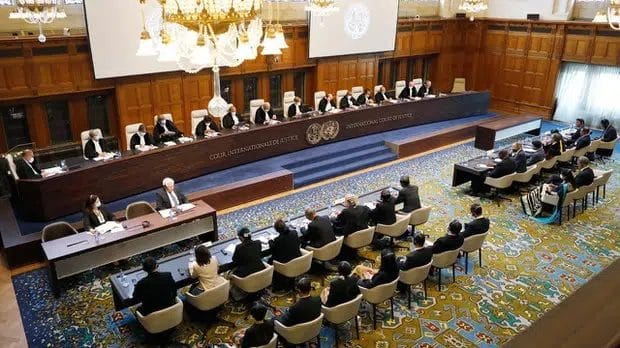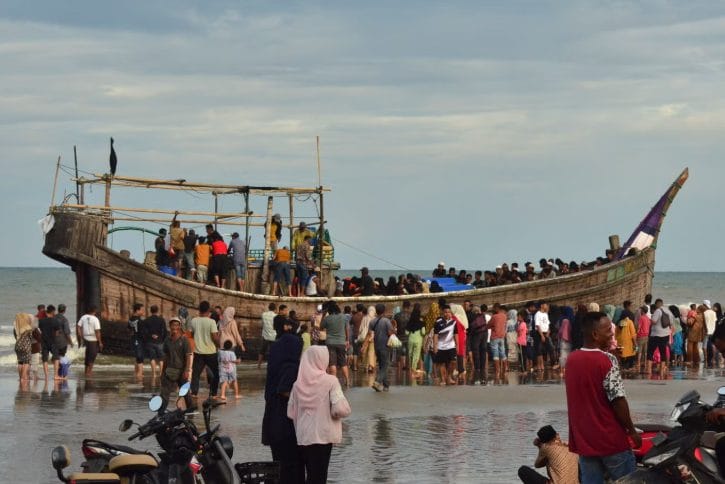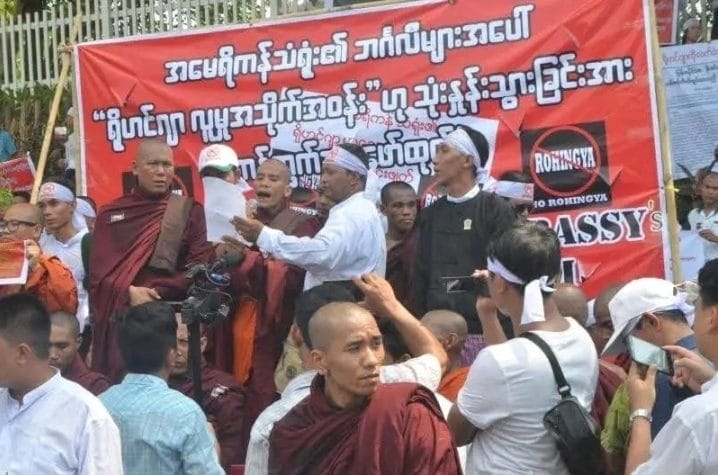Arakan News Agency
For the past nine months, nearly three-quarters of a million Rohingya have been existing as refugees in camps mostly in the Cox’s Bazaar area of Bangladesh.
All have endured nightmare experiences to reach this safe haven — and all face a future that is rife with uncertainty and unpredictability.
These are a people that, for now, are treated as pariahs in their homeland in Arakan state in north-west Myanmar. For decades, the Rohingya have been persecuted simply because they are Muslim. And although they have a presence and history in Myanmar that goes back to the 19th century, they are still not included in the 135 ethnic minorities and peoples that make up that nation.
In December, under the auspices of the United Nations, both Bangladesh and Myanmar agreed on a framework that would allow for these persecuted refugees to return to their homes.
The very thought of such a bargain would send shivers down the spines of people who had to leave everything behind as they were hunted down by marauding gangs of thugs who burnt their homes, businesses and mosques.
And even then, two months ago, the Myanmar authorities organised a news conference to showcase the return of the first refugee family, it transpired that the event was staged — it was the family of one local official.
On Monday, officials in Myanmar said that 58 Rohingya had returned to their homeland. As an aside, however, the 58 were detained — they failed to follow the proper repatriation procedures.
Simply put, the hypocrisy of Myanmar officialdom is beyond belief, and they deserve a prize for their ability to make fiction out of fact.
This detention flies in the face of the repatriation agreement and shows the utter contempt that the Rohingya are held.
The reality is that there were no repatriation proceedings to be followed as women and children fled from their burning homes, watching as their men were herded up for a murderous fate.
There was no paperwork as families picked their way through newly laid minefields meant to thwart, maim, kill and terrify as many as possible on their way to relative safety across the border in Bangladesh.
And Myanmar’s security forces were too busy overseeing the killing process and egging on gangs than to stop and request paperwork from the victims who were fleeing for their lives.
If Myanmar is indeed serious about repatriation, then it must allow their unfettered return to safe areas protected by a UN force or similar.

















